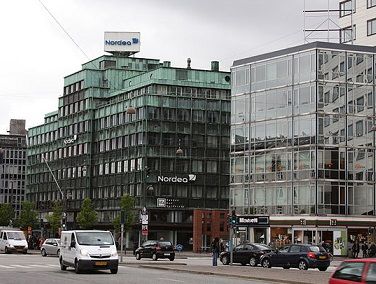Another day, another bank scandal – or so it seems.
Yesterday saw the Finnish media outlet YLE and Berlingske publishing the next tranche of money-laundering revelations – this time with Nordea firmly in the frame.
Up until now, attention has largely been concentrated on Danske Bank and Estonia, but the Nordea scandal took place right under the noses of the company and right in the centre of Copenhagen.
If the allegations are true, it will be the biggest ever money-laundering case on Danish soil.
Shelling out
According to Berlingske, between 2004 and 2014 more than 260 shell companies and tax shelter schemes have had accounts in Nordea’s Vesterport branch.
READ ALSO: Nordea firmly in the crosshairs over money-laundering
According to the available figures, more than 5 billion kroner has been transferred to these accounts and more than 3 billion kroner has left the bank.
It is thought the money comes from corruption and criminality, and there is a connection to Russia.
The heart of the city
Jakob Dedenroth Bernhoft, an expert in money-laundering cases who is the CEO of the consultancy firm Revisorjura, conceded to Politiken that the case is no ‘Estonia’, but still incredibly serious
“Danske Bank really beats everything, but that took place in Estonia where there is a slightly different culture and a different way of doing banking business,” he said.
“Here, we’re talking about a branch situated in the heart of the city, and it is Danish personnel who worked there. We must assume that the management had every opportunity to receive reports from this branch.”
The department in question was closed in 2014, but a spokesperson for Nordea admitted to DR Nyheder that it ought to have been done earlier.
















